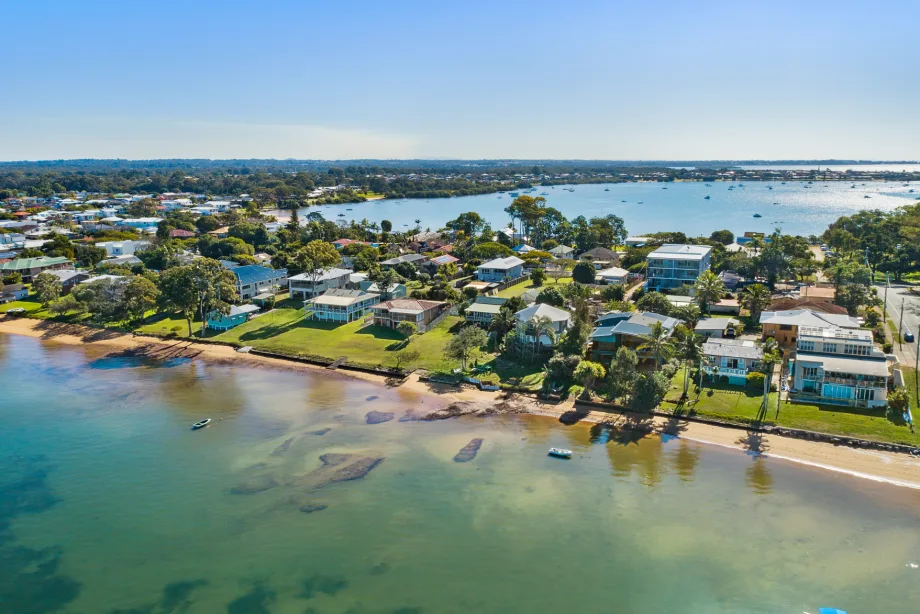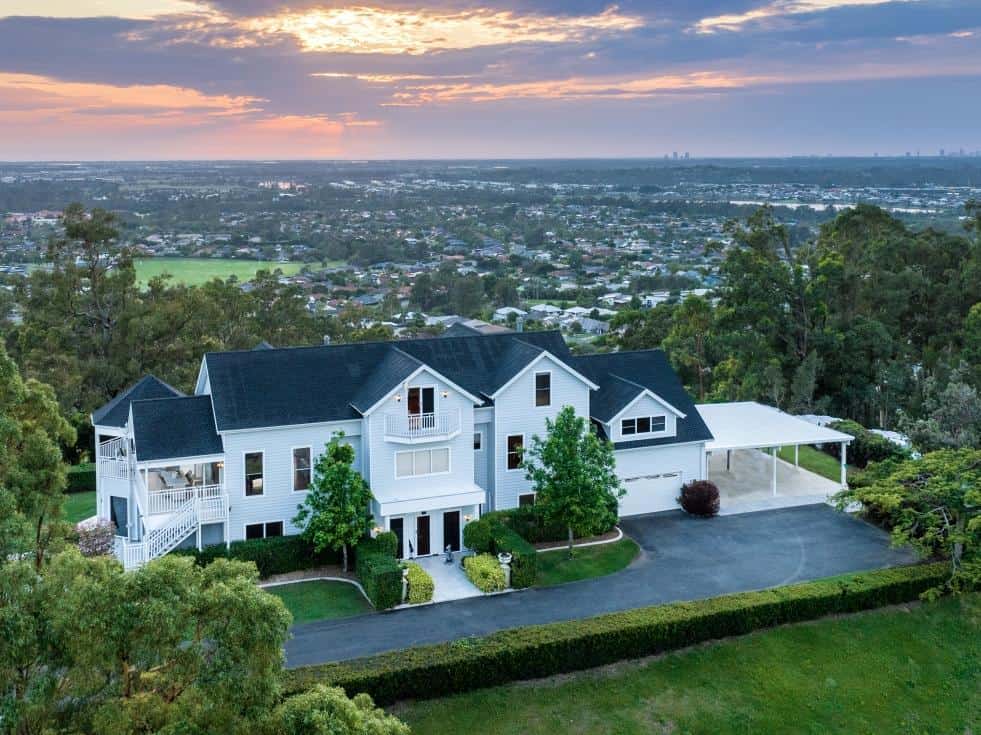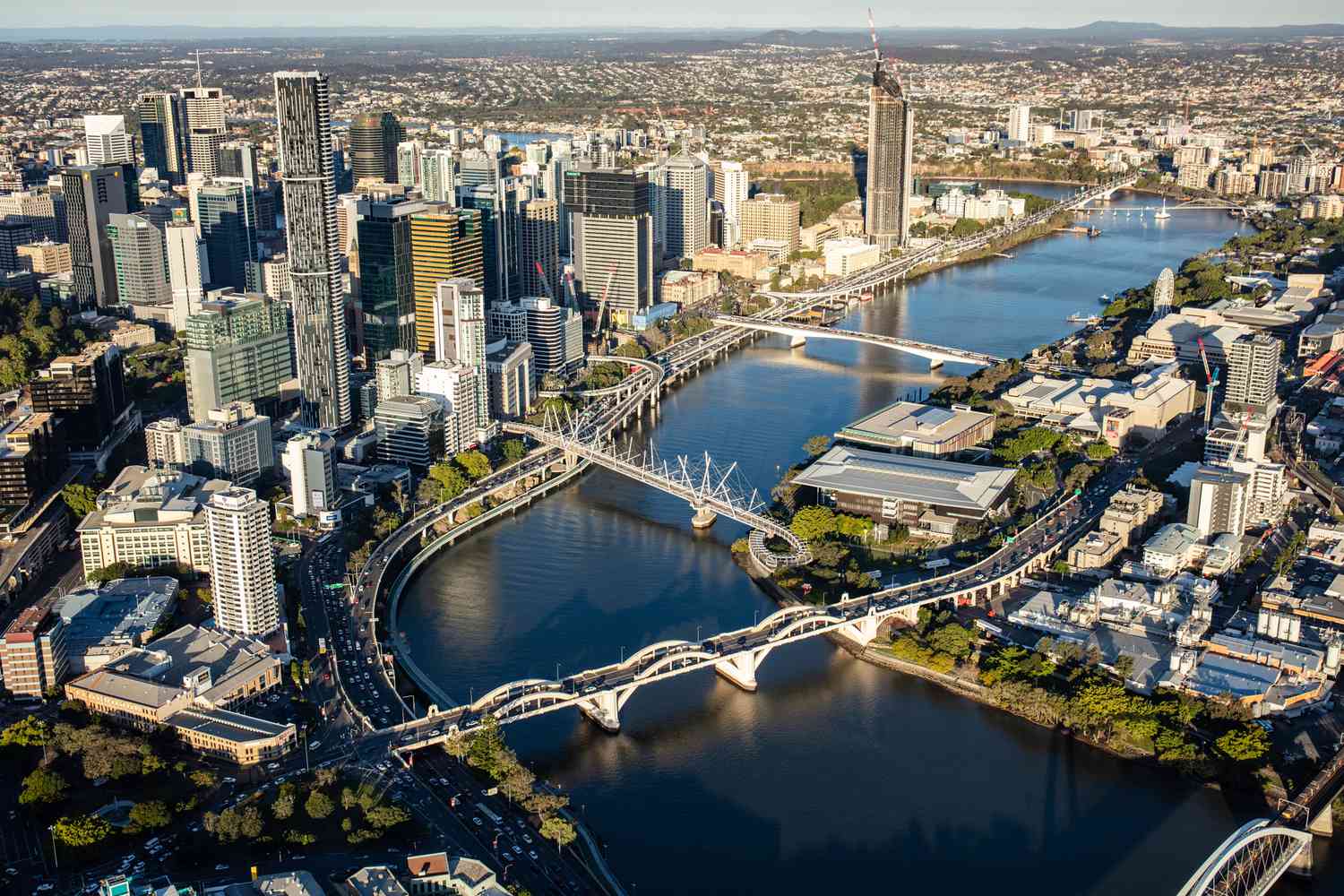Queensland, known for its stunning coastline, vibrant cities, and world-famous Great Barrier Reef, has long attracted people from around the world. Its lifestyle, combined with Australia’s stability and strong economy, makes Queensland a desirable destination for international property investors. Foreign buyers considering an investment or relocation to this scenic state will find appealing options, but they must navigate Australia’s property ownership regulations and understand specific requirements.
This article provides an in-depth look at the regulations, types of properties available, the buying process, and other critical considerations that foreigners need to keep in mind when purchasing property in Queensland.
Queensland’s Real Estate Market and Foreign Interest
Queensland has gained significant attention in recent years due to its desirable lifestyle, economic growth, and relatively affordable property prices compared to Sydney and Melbourne. The state offers a range of properties, from urban apartments in Brisbane and Gold Coast beachside homes to rural estates in the hinterlands. Given Queensland’s appeal, foreigners often explore property options here for personal use, investment, or vacation purposes.
The market varies widely across the state. Brisbane, as the capital city, presents a more metropolitan environment with opportunities for both residential and commercial investments. In contrast, the Gold Coast and Sunshine Coast cater to those seeking coastal homes or investment properties aimed at the tourism market. Queensland’s appeal extends to nature enthusiasts, retirees, and young professionals, making it a diverse and dynamic property market that accommodates various investor interests.

Can Foreigners Purchase Property in Queensland?
Yes, foreigners can buy property in Queensland, but the Australian government regulates foreign ownership of residential and commercial real estate. The rules governing foreign ownership aim to manage housing affordability and maintain a fair market for local buyers while still welcoming international investment. The main body overseeing foreign property ownership is the Foreign Investment Review Board (FIRB), which administers the regulations and approval process for foreign investors.
FIRB Approval
Foreign buyers are required to obtain approval from the Foreign Investment Review Board (FIRB) before purchasing property in Australia. FIRB’s role is to review proposed foreign investments and ensure they align with the country’s interests. The approval process involves a fee, which varies based on the value of the property. It requires the submission of specific details regarding the buyer and the intended use of the property.
The FIRB typically approves property purchases that meet certain conditions. For instance, foreign buyers are generally allowed to buy newly constructed properties or vacant land designated for residential development. However, restrictions are placed on purchasing existing properties. Foreigners looking to buy established (secondhand) homes usually must demonstrate that the property will serve a public interest or satisfy criteria such as redevelopment that contributes to the housing supply.
Exemptions to FIRB Approval
There are specific cases in which foreign buyers may not require FIRB approval, primarily for temporary residents or foreign citizens married to Australian residents. For example, temporary visa holders, including international students or foreign workers on certain types of visas, can purchase one established property as their primary residence without needing additional FIRB approval. In such cases, the property cannot be rented out and must be sold upon the visa holder’s departure from Australia. Foreign buyers interested in purchasing commercial or industrial properties may also have different regulations depending on the property’s value and intended use.
Types of Property Available to Foreign Buyers in Queensland
Foreign investors have various property options in Queensland, though some restrictions apply. FIRB approval often favors certain property types over others, particularly new properties or those intended to boost housing stock.
New Residential Properties
Foreign buyers can purchase newly built residential properties, including condominiums, townhouses, and apartments. This category is encouraged under FIRB regulations because it helps stimulate the local construction industry and increases the availability of housing. New residential developments are attractive to international investors due to their modern features, lower maintenance needs, and solid rental appeal in Queensland’s popular areas.
Vacant Land for Development
Foreign investors are permitted to buy vacant land in Queensland, provided they commit to developing the property within a specified timeframe. The FIRB typically requires buyers to begin construction within five years, as this aligns with Australia’s goal of increasing the housing supply. Investing in vacant land can be a worthwhile option for foreigners who intend to build a custom property or contribute to a development project.
Commercial Properties
Foreign buyers also have the option of purchasing commercial properties in Queensland, such as retail spaces, offices, and hotels. Commercial investments can offer a different kind of return on investment, often attracting buyers interested in the business or tourism sectors. The FIRB generally allows foreigners to buy commercial properties, though approval may be required depending on the property value and investment purpose. Queensland’s thriving tourism industry makes hotels, resorts, and vacation rentals particularly appealing investments.

Taxes and Fees Associated with Foreign Ownership
Foreign property buyers in Queensland should be aware of specific taxes and fees in addition to FIRB application charges. These taxes help ensure that foreign investors contribute to the local economy and the state’s housing sector.
Additional Foreign Acquirer Duty (AFAD)
In Queensland, foreign buyers are subject to the Additional Foreign Acquirer Duty (AFAD), which is a surcharge on the purchase of residential property by non-residents. The AFAD is currently set at 7% of the property value and applies to any residential property, including land for development. Foreign investors should budget for this duty, as it is imposed in addition to standard stamp duty, and it can significantly increase the cost of purchasing property.
Stamp Duty
Stamp duty is a standard tax on property purchases in Australia and varies by state. In Queensland, stamp duty rates depend on the property value, and all buyers, including foreigners, are required to pay it. The stamp duty calculation includes factors such as the property type, price, and whether it will serve as a primary residence or an investment property.
Land Tax
Land tax applies to all property owners in Queensland, including foreigners, though it generally impacts investors more than primary residents. The tax rate is calculated based on the cumulative value of land owned in Queensland, so those with multiple properties may face higher land tax obligations. Investors should factor in this cost, especially if they plan to hold various properties or develop vacant land in Queensland.
Navigating the Property Purchase Process in Queensland
The process for purchasing property in Queensland is structured and follows a series of legal and administrative steps. Foreign buyers should familiarize themselves with each phase to ensure compliance and a smooth transaction.
Securing FIRB Approval
The initial step in buying property as a foreigner in Queensland is obtaining FIRB approval. After identifying a suitable property, the buyer applies for FIRB approval and pays the necessary application fee. FIRB reviews the application and, if approved, grants permission to proceed with the purchase. The approval process can take a few weeks, so buyers should plan accordingly to avoid delays.
Financing Options
Securing financing as a foreign buyer in Queensland can sometimes be challenging. Australian banks offer mortgages to foreigners, though lending criteria may be stricter and interest rates slightly higher than for Australian residents. Foreign buyers may be required to make a larger down payment, usually around 20–30% of the property’s value. Some international buyers choose to secure financing from banks in their home countries instead, though this may impact the ease of closing the purchase.
Legal Due Diligence and Contracts
Once FIRB approval is secured, foreign buyers are encouraged to engage a local property lawyer to assist with legal due diligence. This process involves checking the title, ensuring there are no outstanding issues or disputes related to the property, and verifying compliance with Queensland’s property laws. Buyers must also understand the conditions outlined in the purchase contract, which includes terms, price, and any contingencies.
Closing and Settlement
After all necessary checks and contracts are finalized, the transaction proceeds to settlement. During settlement, funds are transferred, and ownership is registered with Queensland’s Land Title Office. Buyers should also ensure that relevant taxes and fees, such as stamp duty and AFAD, are settled before the transaction is completed. At the end of this process, the foreign buyer officially becomes the property owner.

Practical Considerations for Foreign Buyers in Queensland
Buying property in Queensland can be rewarding, but foreign investors should keep practical considerations in mind, particularly regarding Queensland’s market dynamics and lifestyle.
Understanding Queensland’s Climate and Lifestyle
Queensland’s tropical and subtropical climate, with warm summers and mild winters, contributes to its popularity as a lifestyle destination. However, foreign buyers should be mindful of factors like seasonal weather patterns, which can impact property upkeep, especially in coastal areas. Additionally, understanding local customs and legal considerations, such as property maintenance regulations, can help foreign buyers adjust more seamlessly.
Critical Takeaways for Foreigners Buying Property in Queensland
Foreigners looking to buy property in Queensland will find an inviting market with opportunities for diverse investment goals. While FIRB approval and specific taxes apply, these requirements are designed to maintain a balanced property market while still welcoming international investment. With options ranging from new residential developments to commercial investments, Queensland offers a landscape that can satisfy various interests and budgets.
Foreign buyers are advised to seek guidance from experienced professionals, conduct thorough research, and consider the financial implications of additional duties and taxes. Whether seeking a vacation home, investment property, or a base for future relocation, international investors can find rewarding opportunities in Queensland’s dynamic and resilient real estate market.












